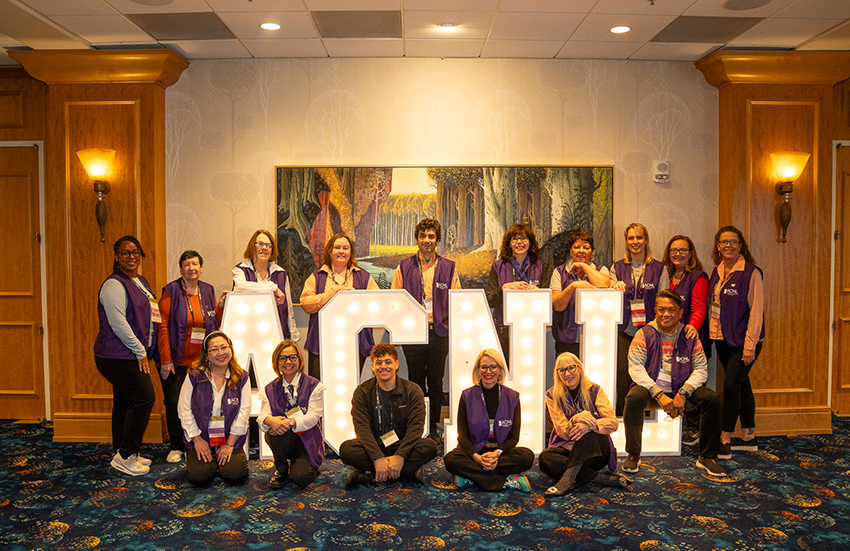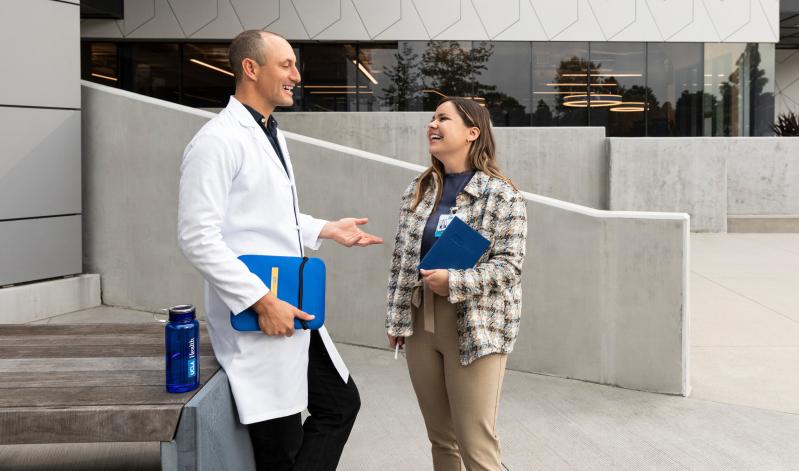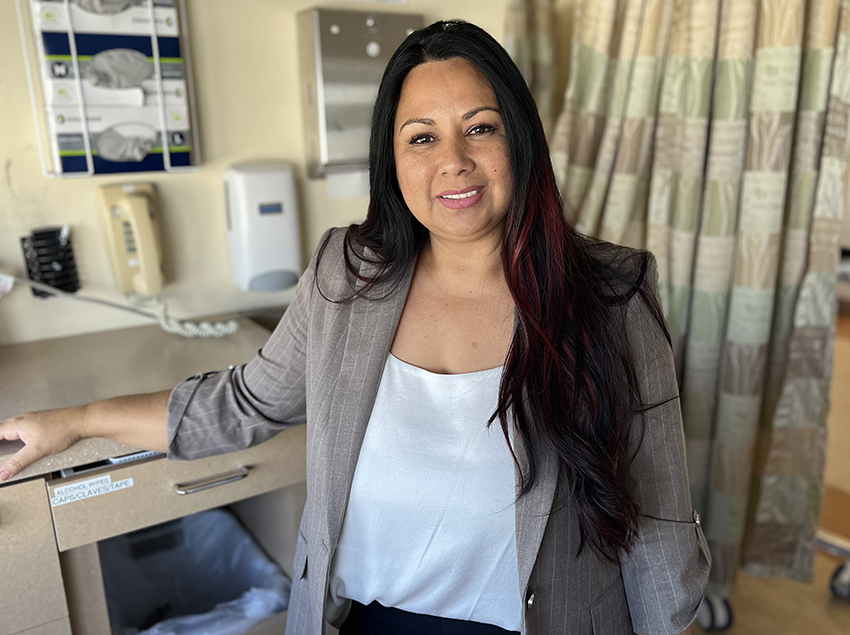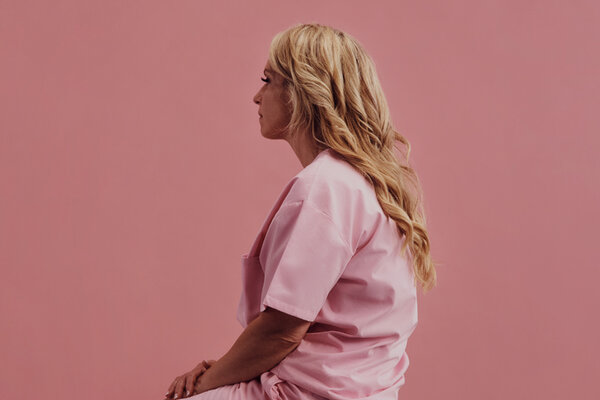Nursing & Healthcare News
Malaria Vaccine
Historic breakthrough in immunization science
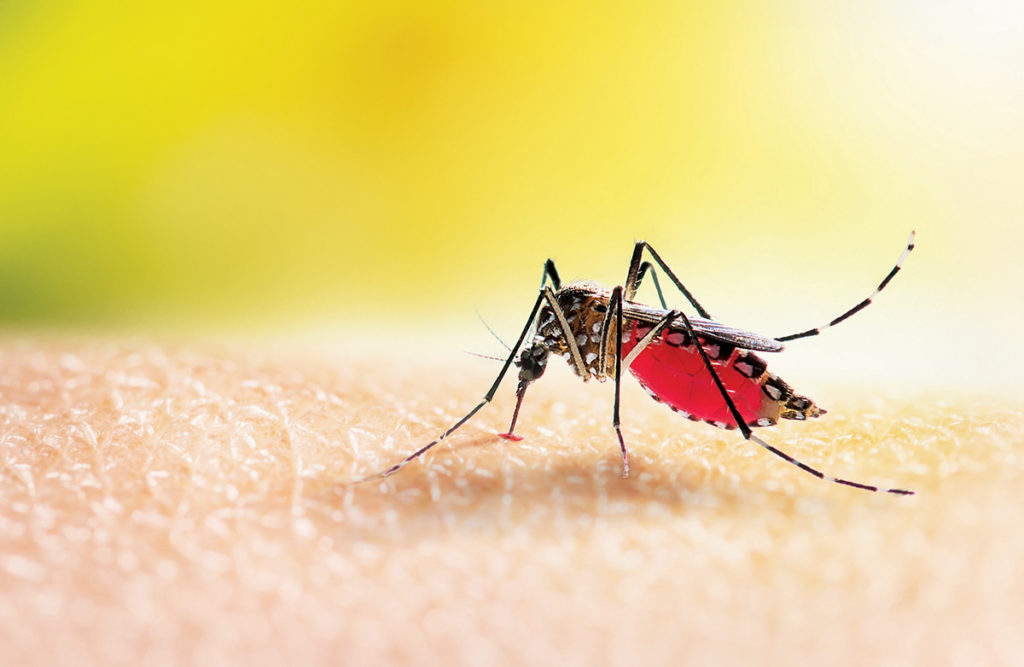
For the first time in history, a vaccine effective against a parasitic infection is ready for real-world deployment. The World Health Organization (WHO) is now recommending widespread use of the RTS,S/AS01 malaria vaccine in regions where the disease is rampant.
The Malaria Menace
While malaria is very rare in the U.S., the mosquito-borne infection remains a deadly scourge in other parts of the world. In 2019 alone, there were 229 million cases of malaria worldwide, and the disease killed more than 409,000 people, most of them young children in sub-Saharan Africa.
The new RTS,S/AS01 malaria vaccine, manufactured by GlaxoSmithKline under the brand name Mosquirix, won’t change that overnight, but proper use of the vaccine reduces cases of life-threatening severe malaria by about 30 percent.


